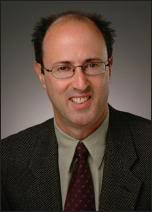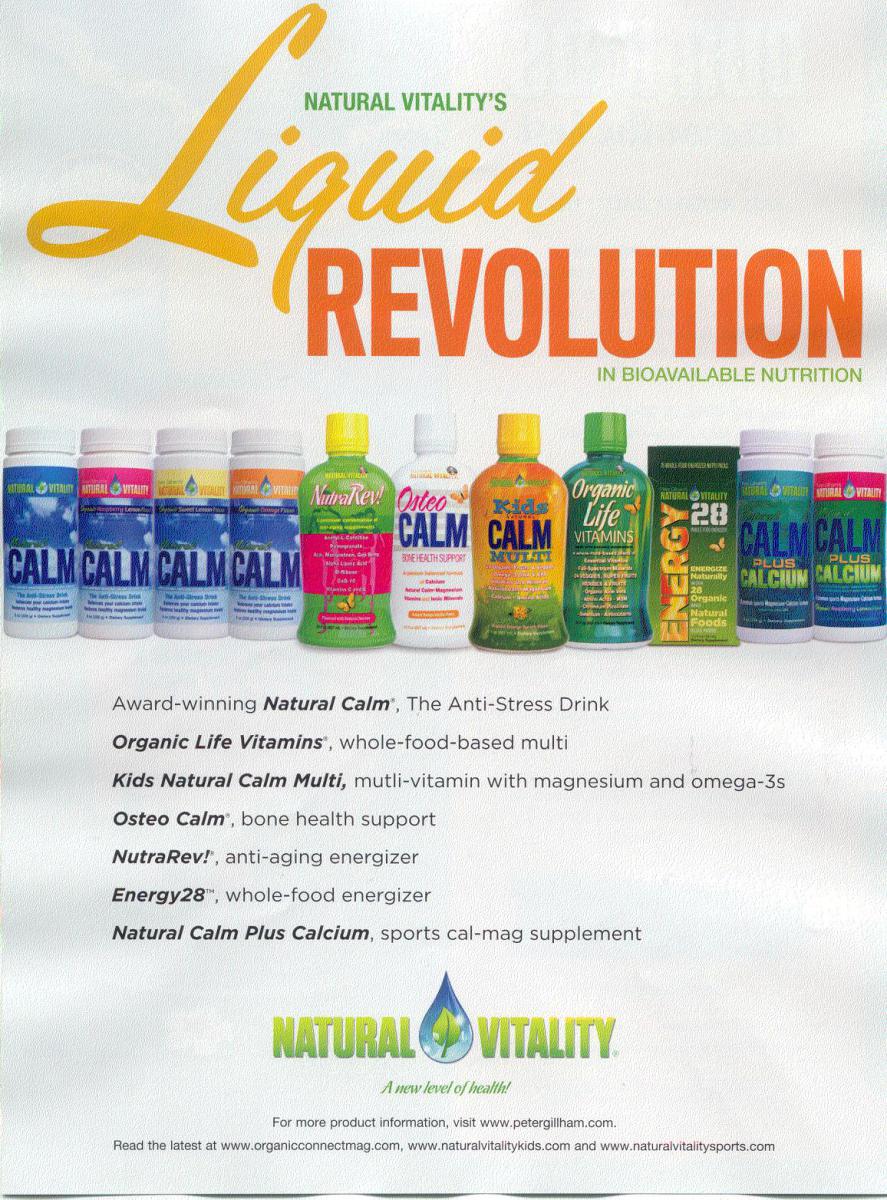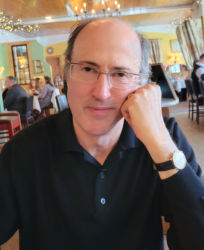Before the baby boom generation (1946–64), when most work was physical and lifespan shorter, society didn’t consider the concept of optimal health. Securing food, shelter and safety took up most of our waking energy. The mass-agriculture and industrialization triggered by World War II gave Americans the ability to consistently meet and afford these basic human needs for the first time. As my father jokingly characterized society’s mindset during his youth, “My parents didn’t give me a middle name because we couldn’t afford it.”
It was not until the broad-based material wealth of the 1960s, as baby boomers were becoming adults, that society began to have the leeway to consider higher-order human needs such as self-actualization— doing what we were “meant” to do instead of just working— and optimizing health; not just living life, but a lifestyle.
The Birth of Choice
The natural products movement, born c. 1965, is probably the most tangible manifestation of our desire to optimize life and health. I can remember being ticked off as a teenager in the 60s going clothes shopping with my mom to a department store that carried only polyester pants. I really wanted cotton; thought petroleum-based “plastic” clothing was suffocating. Where did this sensibility come from? I was, and am, a creature of the first American generation to expect more high-quality choices.
Today, you can easily buy cotton, organic cotton, and every other kind of clothing fabric, and chances are you’ll know where the cotton was grown, and that the farmers were paid a fair price. Fair trade organizations, another recent outcropping of our higher consciousness, have successfully applied moral pressure to commercial activity worldwide. We desire optimal life and health not only for ourselves, but also for all others and for the planet.
Commercial Impact
Watching TV the other night, my wife remarked that there were at least four different commercials for probiotics on as many different channels within a single half-hour. Probiotics? It wasn’t that long ago that you couldn’t even get yogurt in the supermarket. Our society is accelerating its desire to achieve optimal natural health, and product marketers large and small want to profit by serving that desire.
Take Sunsweet brand, from Sunsweet Growers. Started in 1917 as the California Prune and Apricot Growers Association, the company is the world’s largest handler of dried tree fruits, with more than one-third the worldwide prune market. What’s Sunsweet’s latest product? D’Noir Organic Prunes. These highest-quality organic plums are fully ripened on the tree, dried naturally, and packed moist without sulfites or preservatives to retain true plum taste; a prune-packing first, according to the company. And, Sunsweet has a great story to tell. It’s a cooperative, whose board of directors are all farmers. I believe it is fair to say that the natural products movement spawned and nourished society’s desire for higher quality that is now driving large swaths of the marketplace.
ripened on the tree, dried naturally, and packed moist without sulfites or preservatives to retain true plum taste; a prune-packing first, according to the company. And, Sunsweet has a great story to tell. It’s a cooperative, whose board of directors are all farmers. I believe it is fair to say that the natural products movement spawned and nourished society’s desire for higher quality that is now driving large swaths of the marketplace.
Public Policy Impact
We can also see the impact of our industry on government and public policy. The Office of Alternative Medicine, part of the U.S. National Institutes of Health, began in 1992 with a $2-million budget and now, as the National Center for Complementary and Alternative Medicine (NCCAM), has a 2010 budget of $128.8 million. Much of the research you and your customers are beginning to see on vitamin D, vitamin K, omega-3 fatty acids and many other dietary ingredients is funded by grants from NCCAM.
Our increased awareness is also putting pressure on the subsidies big agribusiness gets from government. The federal Farm Bill, which comes up for Congressional renewal about every five years, provides $25 billion in subsidies to corn, soy, wheat, and rice growers, artificially lowering costs on such ingredients as high-fructose corn syrup and hydrogenated soy oil. One can make the case that we—through federal government subsidies—are promoting diabetes, metabolic syndrome and cardiovascular disease. Expect moral pressure on Congress to grow as our raised consciousness makes it more difficult to continue these questionable subsidies.
Our Natural Treasure
The natural products industry is home to many innovative thinkers. Paul Stamets is one of them. As a result of the recent oil spill in the Gulf of Mexico, Stamets presented to the Environmental Protection Agency his findings on how oyster mushroom mycelium can break down oil and gas hydrocarbons in contaminated land and salt water. Stamets’ other research includes promising findings that mushrooms have anti-cancer and anti-tumor agents; are antimicrobial and anti-fungal.
On your shelves, you probably have dozens of natural essential oils such as eucalyptus, frankincense, lavender, peppermint and tea tree. Many essential oils contain hundreds of chemical compounds, some of which science has not even identified. Chemists have yet to fully analyze even one species of essential oil, but their well-known healing properties have been helping your customers for years.
Homeopathy—the treatment with “similars”—is likely alive and well in your store. This alternative approach contrasts with our dominant Western medical paradigm, allopathy—the treatment with “others”—and millions of Americans rely on this gentle modality. And of course there are herbs, also with hundreds of known and unknown potentially healing chemical compounds. If your store is like most, you have hundreds of bulk and packaged herbs, herb capsules, teas and tinctures, and at least one person on your staff knowledgeable in herb lore and historical use.
Our National Treasure—You
I have long believed independent natural products retailers raise the health status of our society, one customer at a time. Because you engage with your customers and share your knowledge and wisdom, you and your store do more to facilitate natural well being and optimal health than any other retail channel in the country. You can be proud of your legacy. And as your customers continue to spread the good word about you, you’ll have much to be thankful for—for years to come. WF
Jay Jacobowitz is president and founder of Retail Insights®, a professional consulting service for natural products retailers established in 1998, and creator of Natural Insights for Well Being®, a holistic consumer marketing service designed especially for independent natural products retailers. With 34 years of wholesale and retail industry experience, Jay has assisted in developing over 900 successful natural products retail stores in the U.S. and abroad. Jay is a popular author, educator, and speaker, and is the merchandising editor of Whole- Foods Magazine, for which he writes Merchandising Insights and Tip of the Month. Jay also serves the Natural Products Association in several capacities. Jay is next scheduled at Southeast Natural Products Association, Orlando, FL, speaking on Thursday evening, December 2, 7:00 p.m., and exhibiting at Booth 306 Saturday and Sunday, December 4 and 5. He can be reached at (800)328-0855 or via e-mail at jay@retailinsights.com.
Published in WholeFoods Magazine, November 2010










